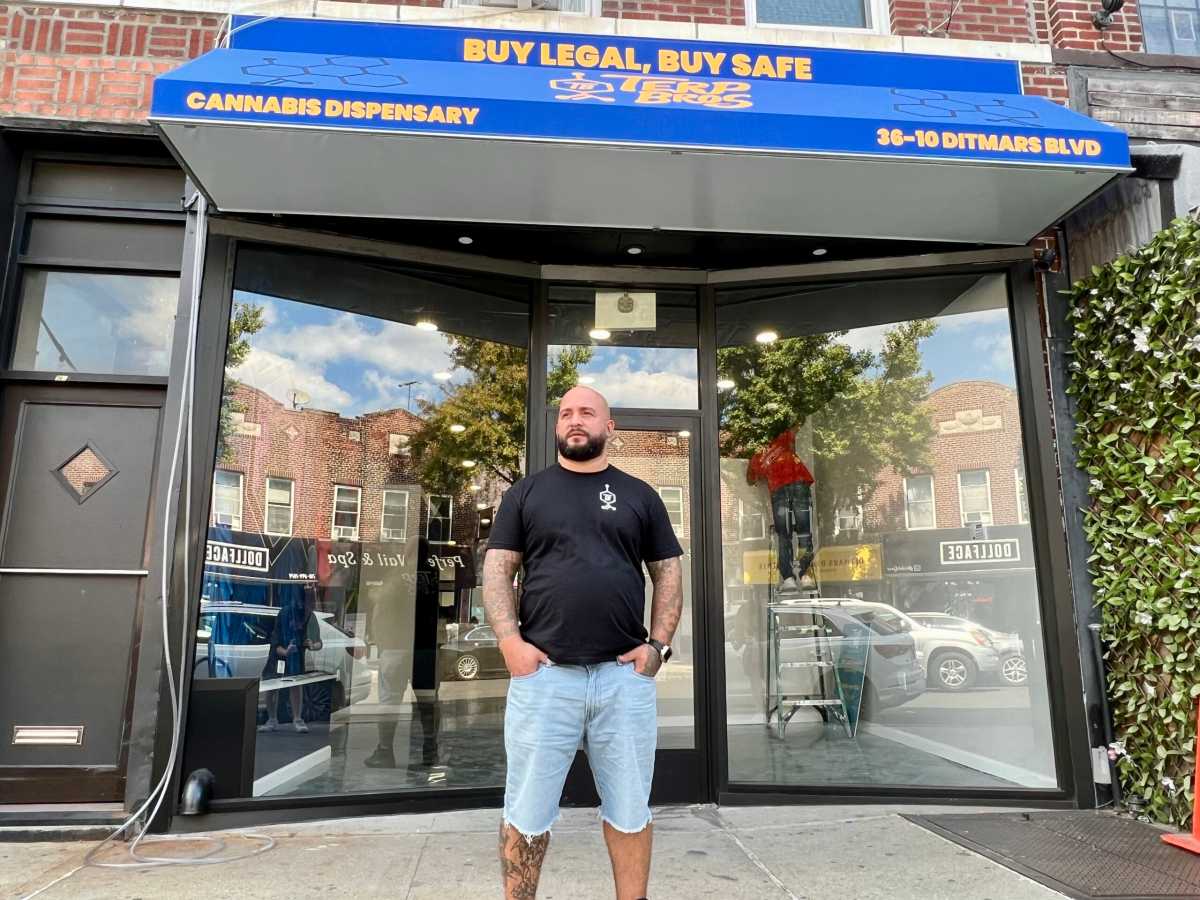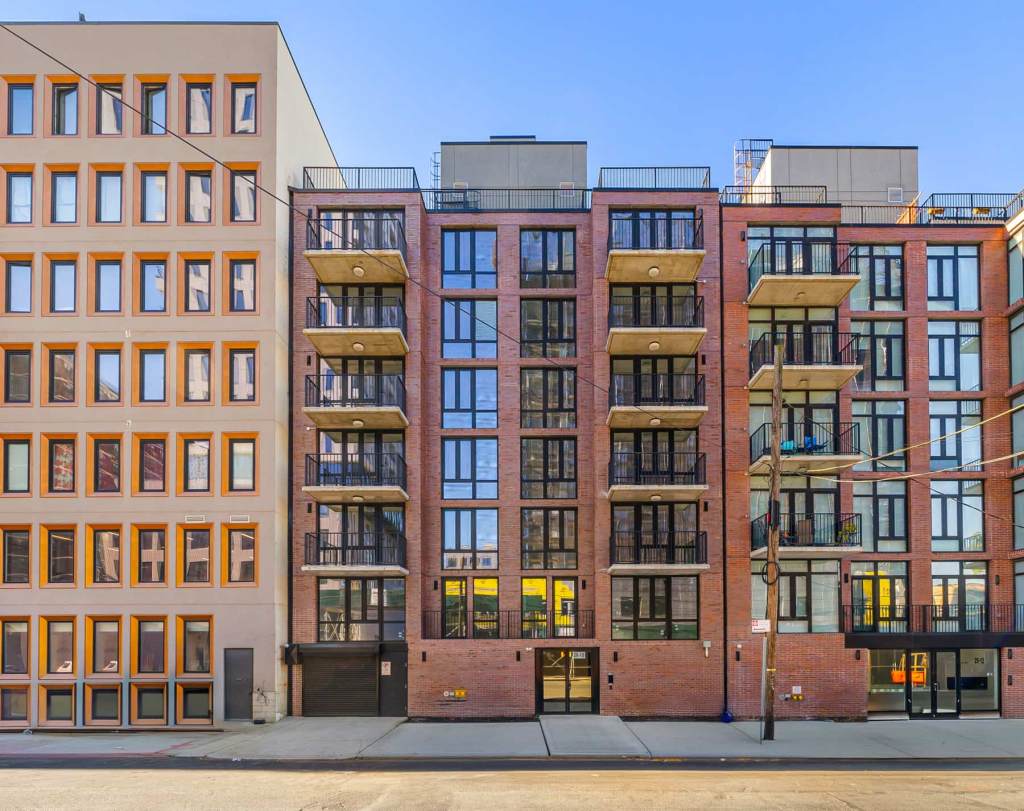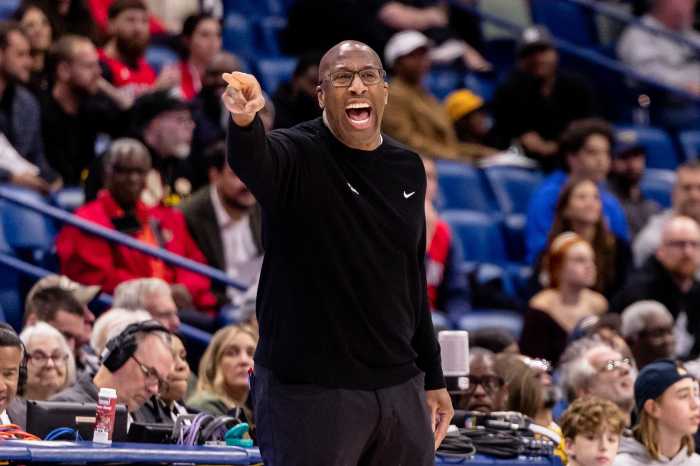Not many people have stared death in the face and lived to tell the tale, but Ozone Park resident Jeremy Rivera is a rare exception.
A three-time convicted felon on various drug charges, Rivera’s close call came after his most recent prison sentence in 2016 when he was attacked by another inmate with a razor, an altercation that would send the 29-year-old to solitary confinement for 80 days.
Rivera says it was “in the box” that he reached the lowest point in his life. That was until two weeks ago when Rivera, who is now a 36-year-old justice-involved and Conditional Adult-Use Retail Dispensaries (CAURD) provisional license awardee from the New York State Office of Cannabis Management, received word from his compliance team that he could not open Terp Bros, his legal marijuana dispensary located in Astoria.
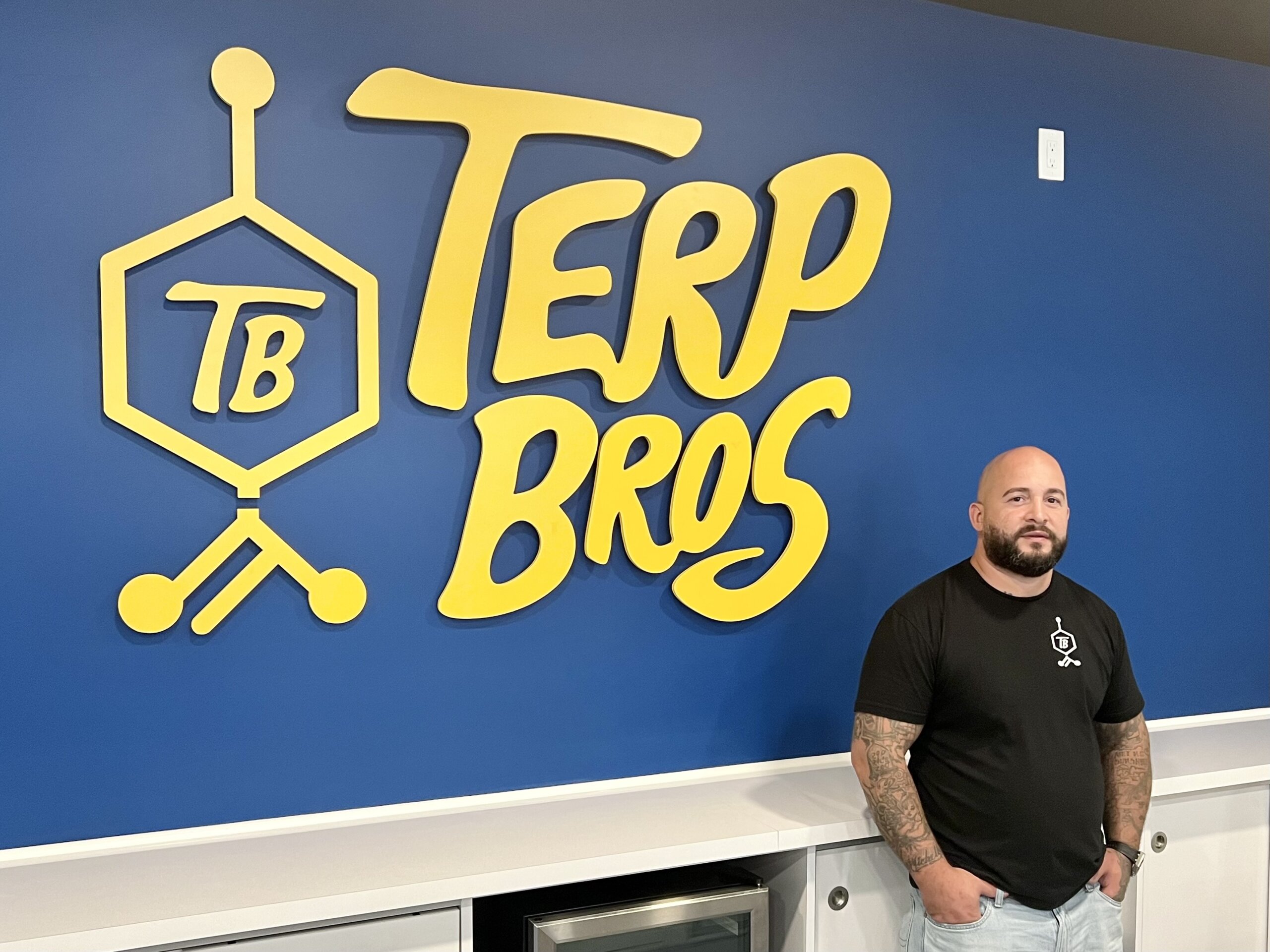
“This was probably the most hurt, the most scared, the most emotions I’ve ever been through,” Rivera told QNS. “I don’t think I’ve ever been this low.”
Rivera is one of many other CAURD license awardees barred from opening due to an ongoing civil suit challenging New York’s licensing process, which launched in early 2021. In order to qualify, applicants needed prior business ownership experience as well as a cannabis-related offense prior to the passage of the Marijuana Regulation and Tax Act (MRTA).
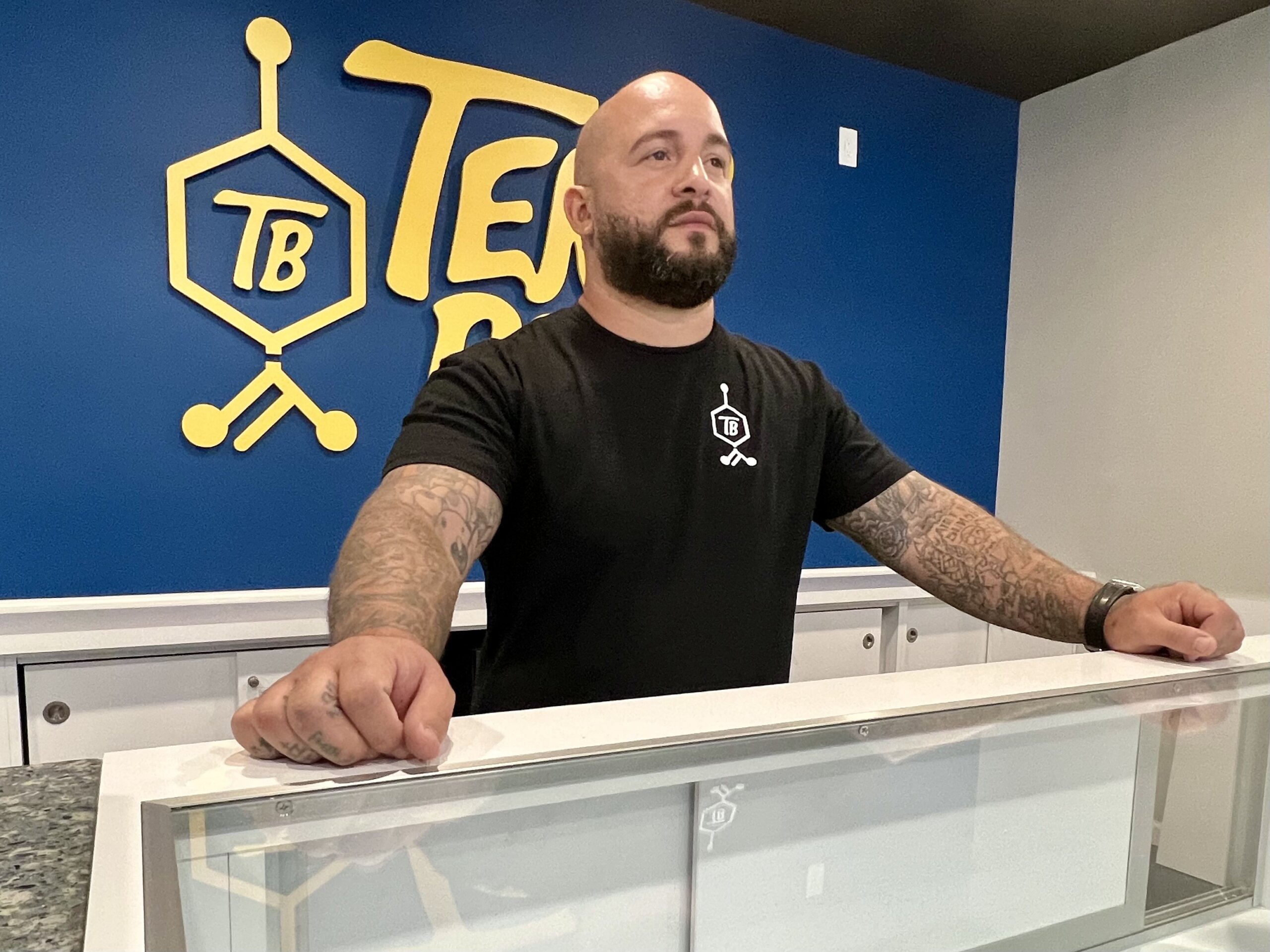
The lawsuit’s plaintiffs, which include service-disabled veterans looking to apply for licenses, argue that the OCM, along with the Cannabis Control Board (CCB), failed to follow the plain text of the MRTA with the CAURD program by only allowing “justice-involved individuals” to be eligible instead of all applicants simultaneously. The plaintiffs argue further that the CAURD program violates the U.S. Dormant Commerce Clause.
When the plaintiffs first appeared in court on Aug. 7, New York State Supreme Court Justice Kevin R. Bryant issued an injunction, preventing OCM and CCB from issuing any more licenses and previous licensees, like Rivera, from opening up their dispensaries until later that week for a scheduled hearing.
The next day, Rivera, along with three other licensees, joined the lawsuit as intervenors, hoping to convey to Justice Bryant the “irreparable harm” they were facing. Three days later, Rivera abandoned his usual attire – a Chicago White Sox cap and Terp Bros T-shirt – for a suit and tie as he sat inside Ulster County Courthouse for the scheduled hearing.
Ultimately, Justice Bryant ruled that the injunction would continue for at least two more weeks until an additional hearing. While acknowledging the harm it could cause the CAURD licensees, Justice Bryant urged the suit’s plaintiffs and defendants to work together and reach an agreement. Regardless, this decision confirmed that Rivera would be unable to open Terp Bros the following week on Aug. 15, as he had planned.
“From that Tuesday leading up to that Friday, I think I probably cried more than I’ve ever cried in my life,” Rivera said. “To explain to our families and our loved ones that ‘Hey, we were supposed to open next week, and now we’re not.’ It was disappointing. It was a blow.”
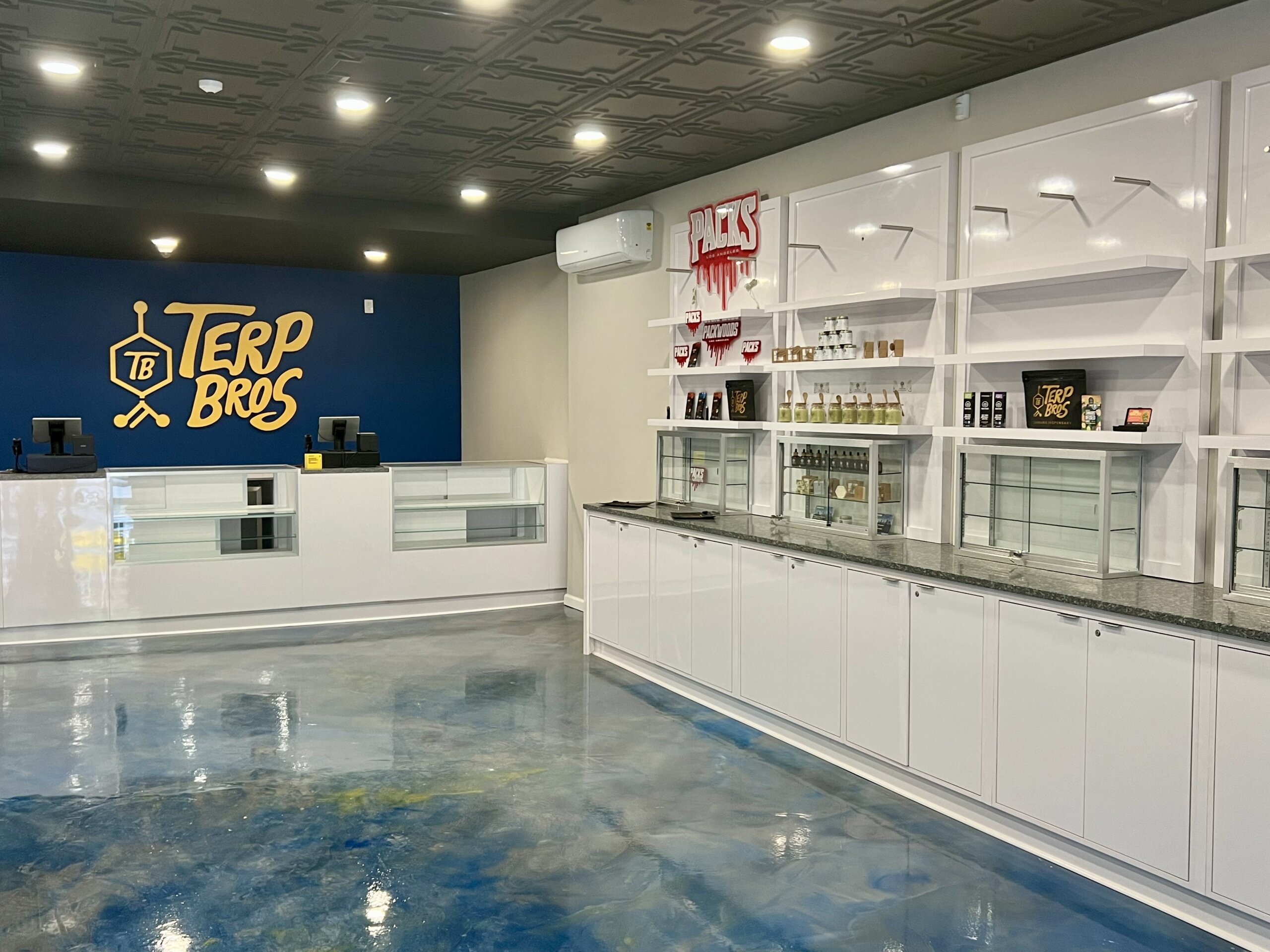
The main source of Rivera’s anxiety stems from the sacrifices he made to get to this moment. Along with his business partner Al Cottone, the duo behind Terp Bros have invested over $300,000 in the business and maintained full equity, opting not to sell investors and draining their bank accounts in the process as bills have stacked up.
“We did this with our life savings,” Rivera said. “I took the money out of the savings account for my house for this. What am I going to tell my kids?”
Aside from his family, Rivera also worries for his 23 employees, all of whom were hired from a July 14 job fair hosted by Terp Bros that drew a crowd of over 100 people. Despite the delay in opening, Rivera says all of his employees have still stood by him, referring to the relationship as a “brotherhood” or “community.”
“This is more than just an industry,” Rivera said. “We stick together. We take care of each other.”
According to Rivera, this sense of camaraderie has even expanded beyond the Terp Bros team with Astoria’s other local businesses, elected officials and Community Board 1 voicing support for Rivera opening “a safe, legal alternative to the illegal shops” popping up throughout the city.
But what makes the delay hurt most of all, according to Rivera, is knowing that they “didn’t do anything wrong” and yet still ended up in this situation.
“We just followed the rules,” Rivera said. “Whether you agree or don’t agree … all we did was follow the rules. We didn’t do anything different. We didn’t skip any chain of command.”
Rivera is also frustrated that the lawsuit has seemingly put the CAURD licensees and veterans at odds with each other, something he hopes will be resolved when both sides return to court on Aug. 25.
“I don’t think there’s one CAURD applicant who’s against the veterans,” Rivera said. “We know the plaintiffs. They’re pinning us against each other because of bad legislation.”
During the next hearing, OCM will provide Justice Bryant with a list of applicants who meet certain criteria, which includes approval from the office for a dispensary location, a lease agreement, and Community Board approval. From there, Justice Bryant can make a decision on the matter, but how things will play out remains uncertain.
In the meantime, Terp Bros sits in Astoria fully renovated with security cameras, point of sale devices and empty display cases with Rivera only awaiting permission to open his dispensary.
“We’re all together in this,” Rivera said. “I just want to open.”

